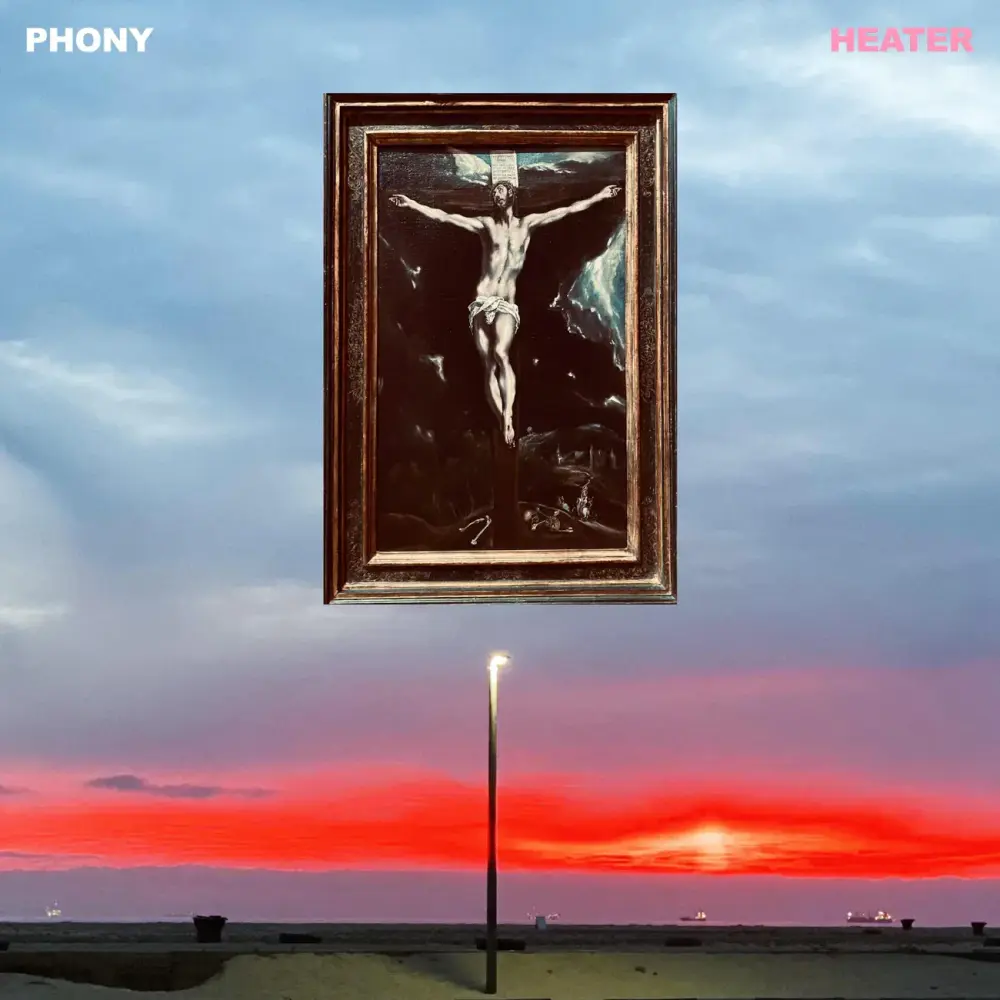Eichlers – SONGS OFFLINE | EP Review
/Bad Time Records
As an individual in my late 20s, I came up squarely in the autotune generation – artists like T-Pain, Daft Punk, Ke$ha, Hellogoodbye, and countless others were making waves during my formative years, to the praise of some and the disgust of others. For the most part, I grew up the latter, taking the stance shared by many that autotune is a crutch more than it is a tool. Despite autotune eventually falling out of favor within the realm of pop music, the hyperpop genre and pioneering acts like 100 gecs have reembraced and recontextualized the sound in recent years. In just a short matter of time, the hyperpop genre has sprawled out to embrace a myriad of subgenres, creating a space for various styles of “online music” to thrive, eventually leading to new subgenres like Hyperska.
If you are unfamiliar with the genre, Hyperska is exactly what it sounds like: a marriage of electronic hyperpop production and peppy ska upstrokes – and no artist has embraced this intersection of genres more than Eichlers. I have been a fan of Eichlers for a few years now, an artist who first popped up on my radar around 2022 when I heard him featured on Half Past Two’s cover of “Boom, Boom, Boom, Boom!!” with We Are The Union, who were my latest ska crush at the time. My only context for what would later be described as “Hyperska” was 100 gecs’ “Stupid Horse,” and I was completely awe-struck by the seamless blending of those “hyper” elements in a ska context. Almost singlehandedly, Ike brought the genre Hyperska to a similar light as its digitized cousins, employing familiar tools like autotune but infusing them with sensibilities inspired by the New Tone movement helmed by the incomparable Bad Time Records. Whether you’ve come around on the unrestrained use of autotune in the current culture or not, the same question indelibly comes up – “can this artist actually sing, or are they hiding behind these effects?”
In December of 2022, Eichlers performed an acoustic set that made the rounds on social media. At the time, I even made a point to repost the video of “My Checkered Future” acoustic, saying “I need an Eichlers Goes Acoustic EP.” Little did I know that is exactly what we were given with SONGS OFFLINE – a well-curated collection of iconic Eichlers bangers, stripped down to their base parts and repackaged in ways I never could have imagined at the time. While I never questioned Eichlers’s motives for employing autotune in his songs, I am ecstatic that we, as listeners, have been blessed with this opportunity to hear what Eichlers’s music would sound like in a more stripped-down setting.
One would naturally assume that Hyperska without the “hyper” would simply be acoustic ska music; however, what we are given on this EP is something completely different. Eichlers has already teased his affinity for Midwest emo stylings, particularly with his recent interpretation of “Hollywood Baby” by 100 gecs. This time around, Eichlers decided to lean into his emo sensibilities even further, giving these songs a whole new personality as a result.
The EP appropriately opens with the first track off of his most recent LP, “Hi (Acoustic Edition).” On the original album, Ike employs a wide range of electronic staples – from booming bass to powerful brass blasts, that are completely absent from this version. The result is a classic, acoustic emo ballad that can only be recognized by lyrics and particular parts of the vocal melody. We are lulled into an emotive, pensive intro track – complete with a relaxed, repeating guitar line presented through crisp, clean production. The aforementioned emo style also lands perfectly on songs like “OHMYGOD” and “2 OF US,” both of which offer gripping lyrics and somber melodies that blend gorgeously with the raw, acoustic backing.
After several back-to-back listens, the final track, “My Checkered Future,” remains my favorite on the EP. The way Eichlers layers simple chords and buoyant single-note lines captures a similar energy to the original version while simultaneously solidifying its own identity. I can’t think of a more suitable way to close this finely-tuned collection of songs.
Whether you’ve been a faithful Ikebeast for many years or just discovered Eichlers through this context, there is something in this EP for everyone. SONGS OFFLINE is both a stunning repackaging of Eichler’s most enduring tracks as well as a staunch reminder that he carries his genius and his unwaveringly infectious energy throughout all forms and interpretations.
Ciara Rhiannon (she/her) is a pathological music lover writing out of a nebulous location somewhere in the Pacific Northwest within close proximity of her two cats. She consistently appears on most socials as @rhiannon_comma, and you can read more of her musical musings over at rhiannoncomma.substack.com.










